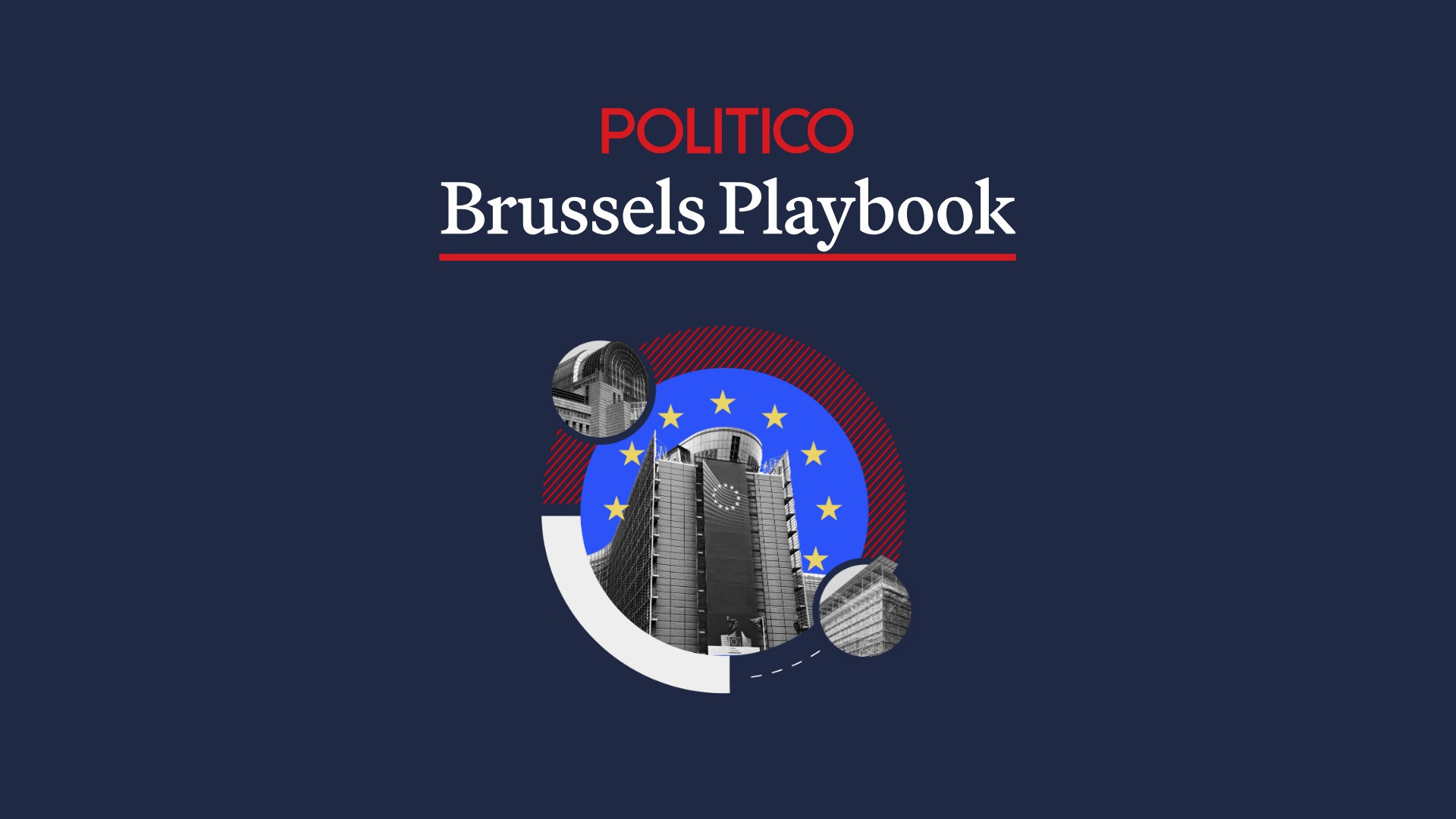Donald Trump’s recent executive order imposing significant tariffs on European goods has plunged the European Union into a tumultuous period, putting immense pressure on Commission President Ursula von der Leyen as her leadership faces intense scrutiny. This new wave of protectionist measures from Washington has not only reignited transatlantic trade tensions but also exposed deep rifts within the European political landscape, marking a challenging start to what many describe as a critical second term for von der Leyen.
The executive order signed by President Trump formally institutes tariffs ranging from 15 to 41 percent on various products imported into the United States from dozens of countries, notably including a 15 percent levy on the majority of EU goods. A further 40 percent penalty is also established for goods “transshipped” through lower-tariff nations from higher-tariff origins, a move designed to close loopholes. These new duties are set to become effective on August 7, offering a brief window for affected countries to engage in last-minute negotiations.
Domestically, von der Leyen’s Commission is grappling with fierce criticism. Prominent figures like Iratxe García, leader of the S&D group, have warned of the need for “clear signs of commitment” from von der Leyen, viewing the upcoming State of the European Union address as a “pivotal moment.” Bas Eickhout, president of the Green/EFA group, went further, accusing von der Leyen’s European People’s Party of “openly collaborating with the destructive and anti-EU far right” and “capitulating to Trump’s trade demands,” suggesting her initial “visionary” term has been weakened.
The far-right Patriots for Europe faction, led by France’s Jordan Bardella and including Hungarian Prime Minister Viktor Orbán’s Fidesz, is actively exploiting the unfolding crises. Their spokesperson, Alonso de Mendoza Asensi, stated that they “will not allow a summer break to whitewash the Commission’s failures” after a year marked by “scandals, court rulings, and a growing democratic disconnect,” indicating that another vote of no confidence against von der Leyen is not out of the question if the current trajectory persists.
Beyond political factions, civil society organizations are also raising alarms about the Commission’s transparency and accountability. Olivier Hoedeman, a founder of the Corporate Europe Observatory, points to a “string of events” like Pfizergate, arguing that the second von der Leyen Commission exhibits a serious problem in these areas, particularly her perceived refusal to be held accountable. Hoedeman suggests that the Commission has become “more centralized than ever,” with von der Leyen and her Cabinet adopting an unprecedented “top-down” approach in EU history, a recipe for potential disaster without robust oversight.
Adding to the complexity, frustration is mounting over the lack of crucial details regarding the EU’s agreement to accept 15 percent tariffs on exports to the U.S., despite the deal being announced. Ben Butters, CEO of Eurochambres, representing 20 million businesses, expressed concern that the Commission is not in touch with their members, leaving them awaiting clarification on the practical implications of the agreed headlines. However, anonymous Commission officials insist this “silence is strategic,” indicating intense behind-the-scenes efforts to ensure the joint statement reflects EU interests.
Separately, the EU’s commitment to purchase a colossal $750 billion in American energy under the agreement has drawn criticism from green groups and market analysts. Officials, however, maintain that this significant figure is “based on a thorough and robust assessment,” factoring in a comprehensive list of technology investments, nuclear reactors, and services, seeking to defend the economic rationale behind such a large-scale energy trade pledge amidst the ongoing trade negotiations.
The geopolitical landscape further complicates matters with several EU countries, including Portugal, considering recognizing Palestinian statehood. This move follows similar contemplations by France and the U.K., though Portugal’s Prime Minister Luís Montenegro has made it contingent on Hamas’ disarmament, hostage release, and Palestinian recognition of Israel. Interestingly, the Trump administration has voiced strong opposition to these recognitions, with White House press secretary Karoline Leavitt asserting President Trump’s “displeasure” and “disagreement,” viewing it as “rewarding Hamas.”






Leave a Reply